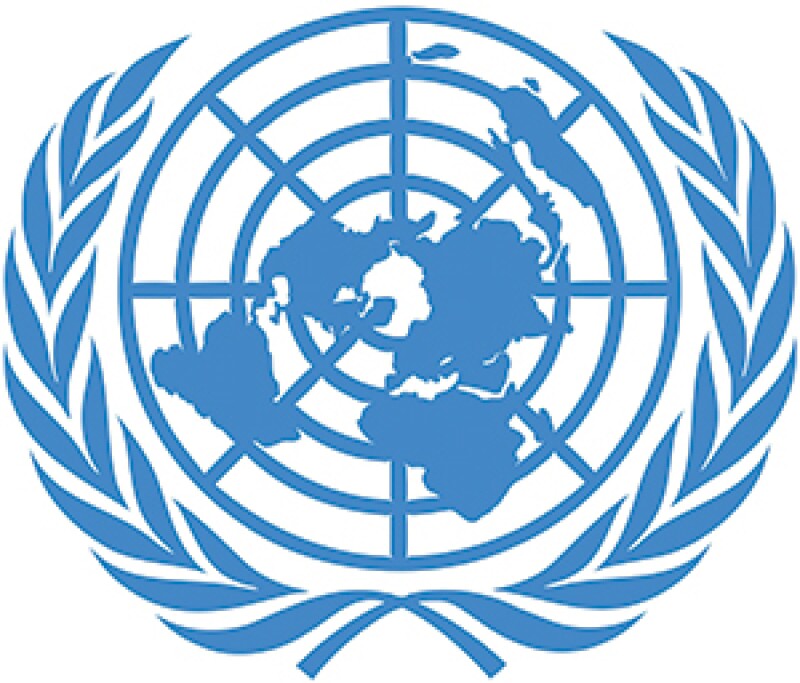
|
United Nations Committee of Experts on International Cooperation in Tax Matters is a new entry this year |
The UN's tax committee, which is responsible for the organisation's tax and transfer pricing work, received praise from the tax community when it released an update to its highly-regarded transfer pricing manual for developing countries in April 2017.
The manual, called 'The United Nations Practical Manual on Transfer Pricing for Developing Countries', was perhaps the committee's biggest achievement throughout the year. Last updated in 2013, the manual recommends best practices on transfer pricing. It was designed to advise developing countries on administering TP laws by giving concrete examples, taking into consideration the outputs of the BEPS project.
Nishana Gosai, who was part of the committee, told International Tax Review in April that although the first version of the manual was well received, not many developing countries applied it. However, the updated version contains more examples of how to apply transfer pricing laws in situations that developing countries face.
"I do think more developing countries will use the manual. For example, the updated version has a chapter on services. This chapter reflects the views expressed by many developing countries, which regard service payments as base eroding payments," Gosai said.
ITR also spoke with the coordinator of the subcommittee on transfer pricing, Stig Sollund, shortly after the transfer pricing manual was released. Sollund said the biggest challenge of the committee was pushing for progress when time was limited and many discussions needed to be made. "We sometimes had to take decisions or find compromises when views differed," Sollund said.
The committee replaced its membership midway through 2017, and the newly elected co-chairs Carmel Peters of the New Zealand Inland Revenue and Eric Mensah from the Ghana Revenue Authority have their work cut out to drive the committee's agenda for the next four years.
The newly elected committee had a meeting in Geneva in mid-October where it set out a provisional agenda and set assignments for subcommittees. It elected a new subcommittee for the digitalisation of the economy, which will discuss how to deal with taxation of the digital economy in a treaty context. It also discussed environmental tax issues, dispute avoidance and resolution, extractive industries taxation, the UN model tax convention, tax treaty negotiation, protecting the tax base of developing countries and tax committee practices and procedures, among other things.
The new committee's agenda also includes considerations of updates to existing manuals such as the 'Practical Manual on Transfer Pricing for Developing Countries', the 'Manual for the Negotiation of Bilateral Tax Treaties' and the 'Extractive Industries Handbook'.
Sollund said he was proud of what the committee had achieved despite limited resources and time for meetings, and offered some advice to the new committee members: "My recommendation is to put even more emphasis on practicability and input from users in developing countries."
The Global Tax 50 2017 |
|
|---|---|
The top 10 • Ranked in order of influence |
|
6. Arun Jaitley |
|
The remaining 40 • In alphabetic order |
|
| The Estonian presidency of the Council of the European Union |
|
| International Consortium of Investigative Journalists (ICIJ) |
|
| United Nations Committee of Experts on International Cooperation in Tax Matters |
|









